At the 2023 edition of the World Canal Cities Forum, guests from various countries spoke highly of Jiangsu’s high-level experience in promoting the construction of the Grand Canal Cultural Belt and National Cultural Park, and at the same time gathered wisdom and strength by making suggestions for the future development of the World canal cities.
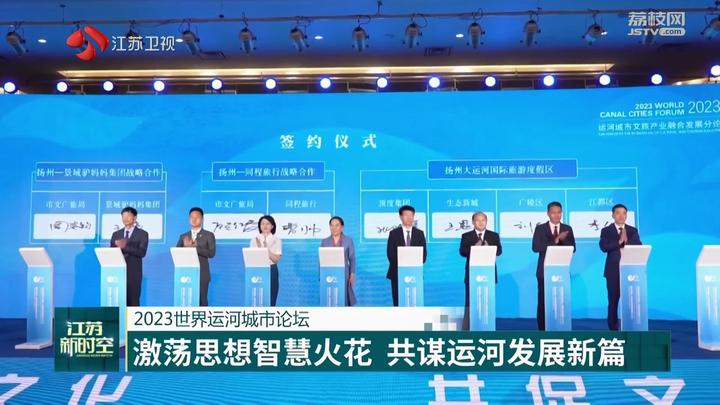
This forum consists of one main forum and three sub-forums. The main forum is divided into opening ceremony, keynote speech, and formation of initiatives.
The three sub-forums focus on the protection of the cultural heritage of the Grand Canal, the protection and restoration of the ecological environment of canal cities, and the integrated development of cultural and tourism industries in canal cities. By showcasing and sharing the "China Action" and "international cases" of sustainable use and green development of the canal, they exchanged and learned from each other on feasible paths and strategies so as to promote international exchange and cooperation in canal cities.
As the province with the largest number of World Heritage sites on the Grand Canal in China, Jiangsu has taken the lead in cultural heritage protection, cultural value promotion, and ecological protection and restoration.
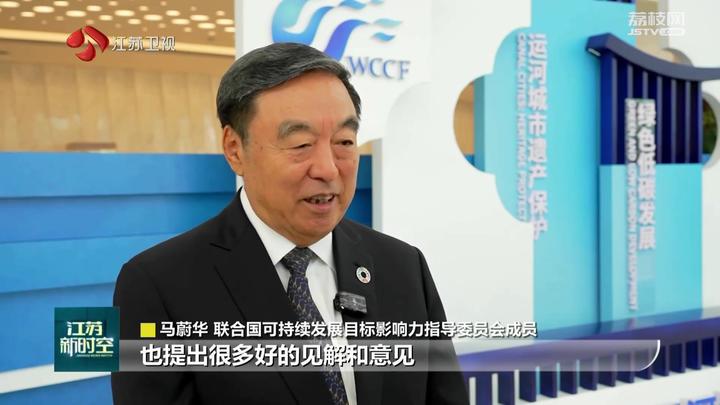
“I think Jiangsu ranks at the forefront of the protection of the Grand Canal. Yangzhou is a model for protecting the Grand Canal for its essence of green and low-carbon development and ecological civilization. I think the forum has not only promoted Yangzhou to the world, but also provided insights and opinions for Yangzhou to further handle the relationship between green development and canal protection in the future”, Ma Weihua, Member of the Steering Committee on the Impact of the United Nations Sustainable Development Goals, said.
The guests believed that China has placed the construction of the Grand Canal Cultural Belt in an important position, which is of great significance for protecting the cultural relics of the canal, promoting the cultural value of the canal, and repairing the ecological environment of the canal. The China Grand Canal Museum in Yangzhou has provided more people with the opportunity to appreciate canal culture and jointly write a new legend of "protecting, inheriting, and utilizing" the Grand Canal.
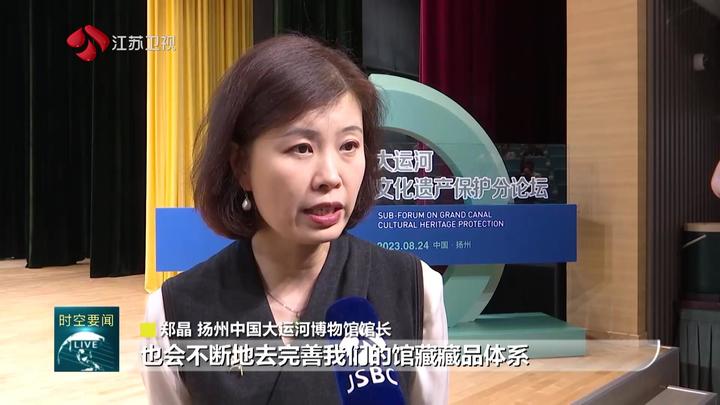
“We have tried our best to form its differentiation in the exhibition and interpret such a linear cultural heritage from multiple dimensions. We will continue to improve our collection system and hope to interpret the Grand Canal from more perspectives”, Zheng Jing, Director of Grand Canal Museum in Yangzhou, said.
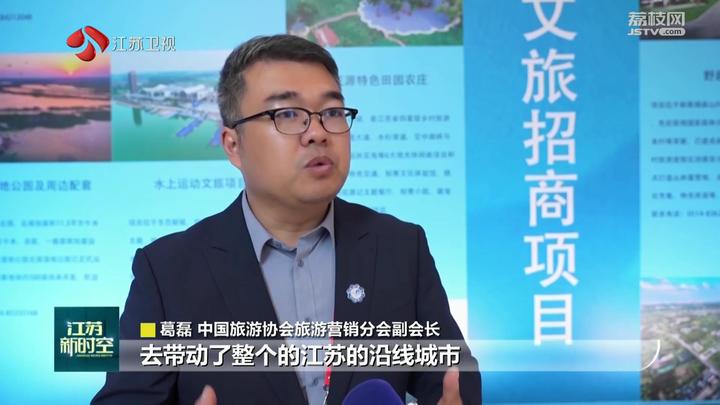
“The Grand Canal, as a cultural symbol, has driven the cultural revival of cities along the entire section in Jiangsu province, updating tourism and giving the city a new look. Today's ancient culture can become a vibrant culture in this era through the inheritance, experience, and participation of young people”, Ge Lei, Vice President of the Tourism Marketing Branch of the China Tourism Association, said.

The Grand Canal is a precious heritage left to us by our ancestors and a flowing culture. There are over 520 canals in 52 countries with nearly 3000 cities distributed along the canals.
The guests expressed that in the future, they will strengthen exchanges and cooperation in culture, tourism, economy, trade, and education, and strive to promote the sustainable development of canal cities.
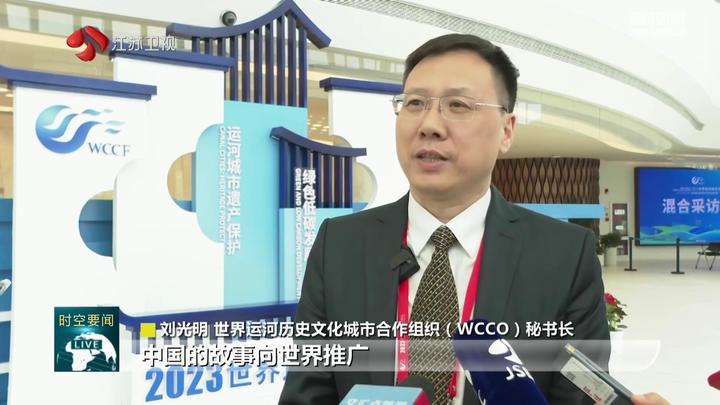
“We carry out international exchanges and cooperation, as well as a series of research on the dissemination of the Grand Canal culture, with a focus on promoting the culture and stories of the Chinese Grand Canal to the world”, Liu Guangming, Secretary General of the World Canal Historical and Cultural City Cooperation Organization, said.






